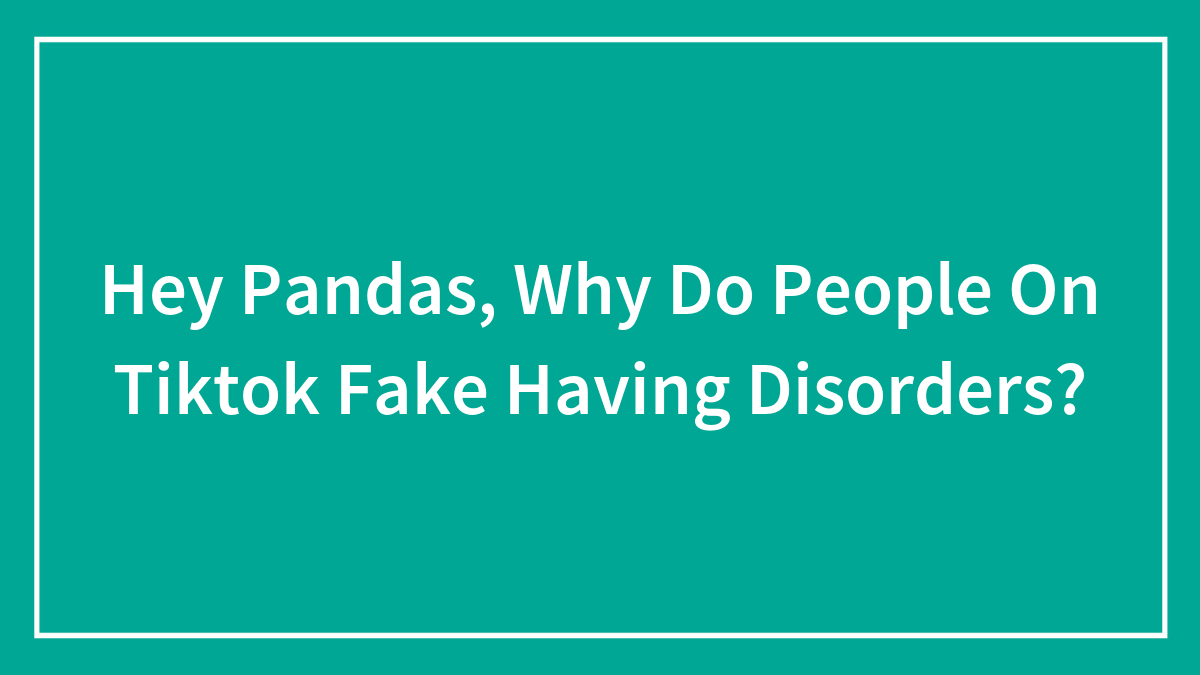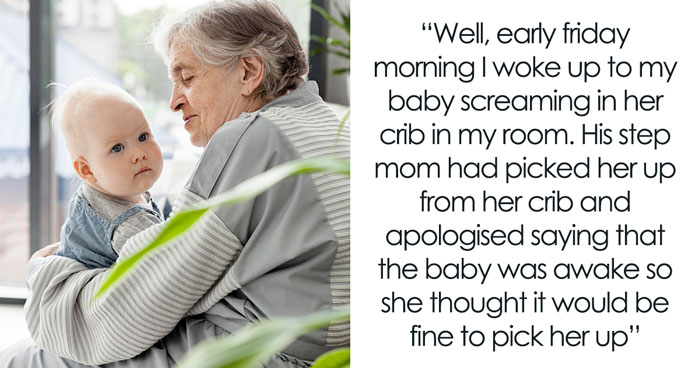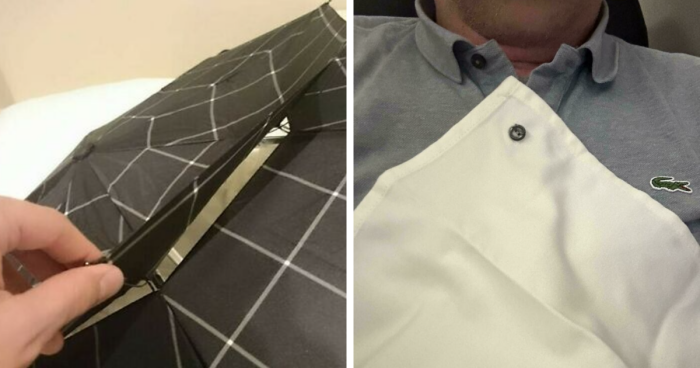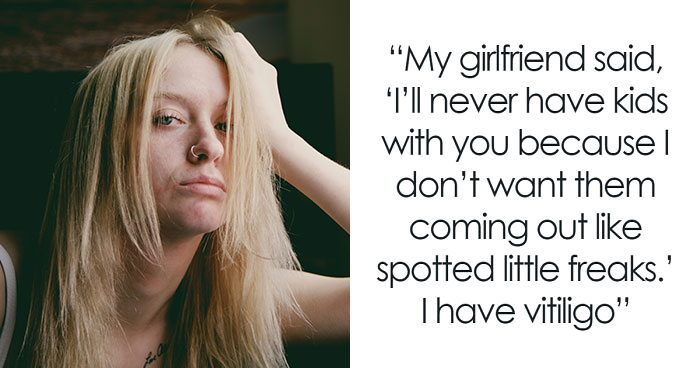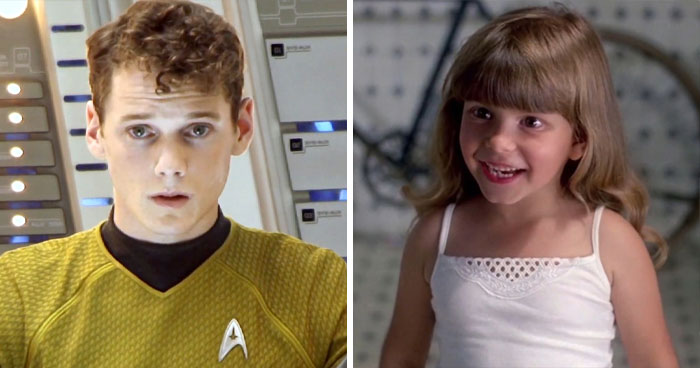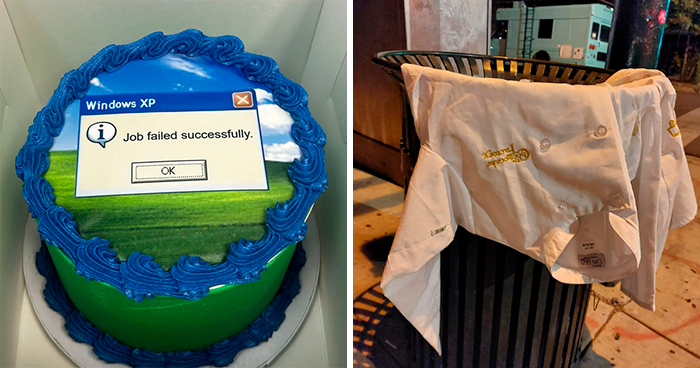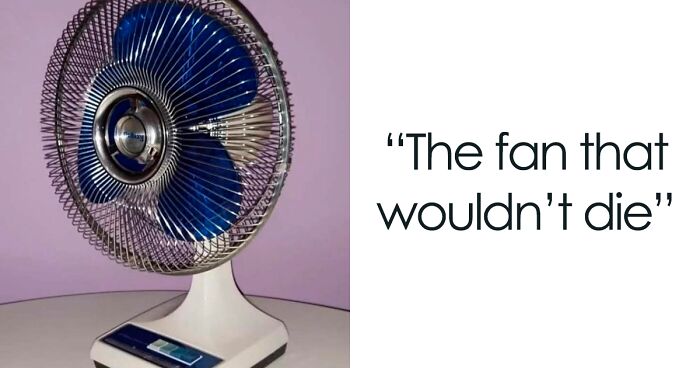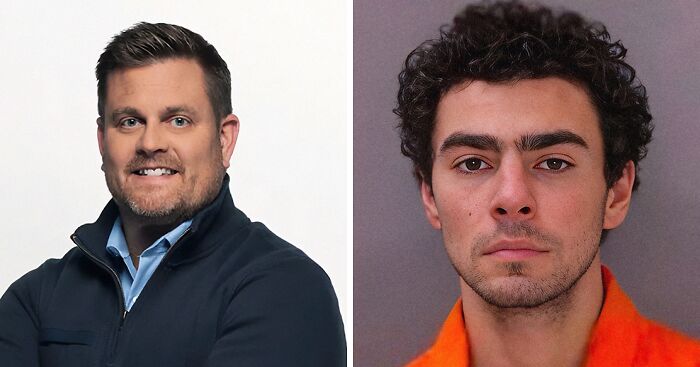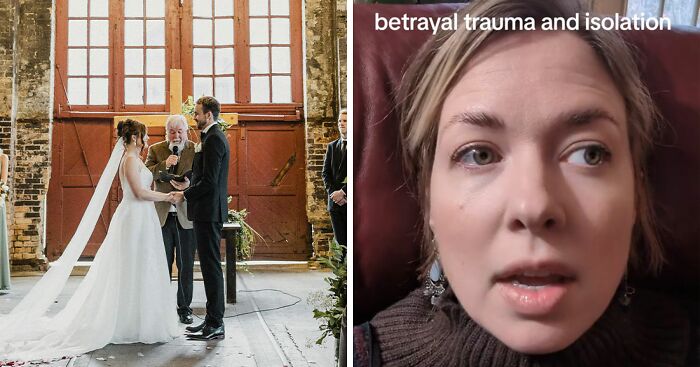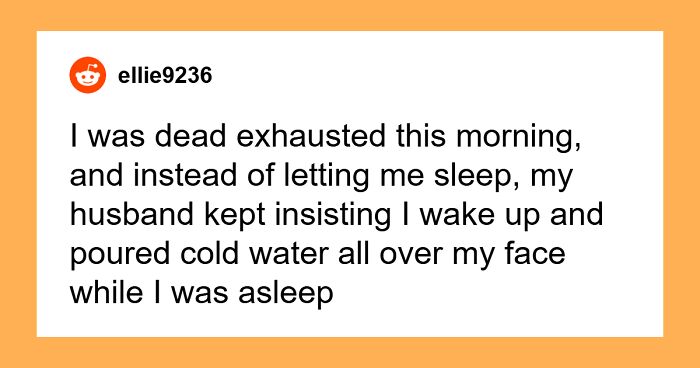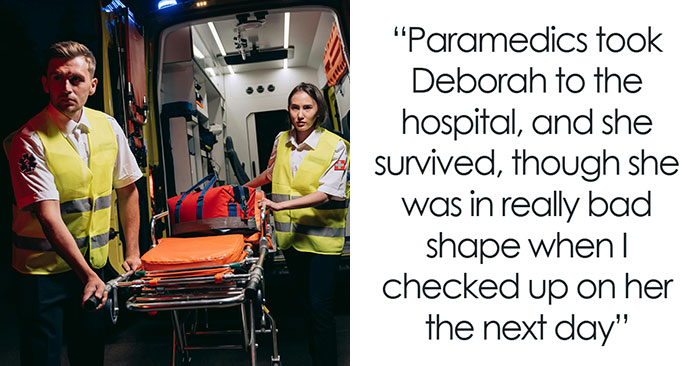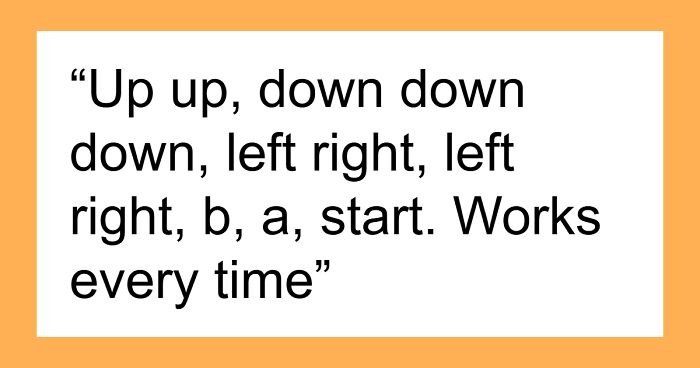Tiktok should do something about fake disorders. The reason I'm asking this question is that I hate people who take advantage of pitty for views and clout.
This post may include affiliate links.
Attention. Purely for attention. I don't involve myself with TikTok, nor much of electronic apps for that matter, but I'm aware of the problem. The people on TikTok want to be pitied for what they don't have, and pity can go hand in hand with attention.
Not sure. When I was a kid we collected baseball cards.....now kids collect disorders....especially emotional and psychological ones.
Because they want attention and views. This impacts negatively on people that DO HAVE those disorders and honestly try to educate people about them
I don't know. I don't spend enough time on TikTok to have encountered this trend but I'm very aware of it. In residential treatment for my own mental illnesses I met 2 people claiming to have DID. I believe one of them. The first person to approach me (I'll call her D) didn't say it outright, but described textbook symptoms- stretches of amnesia, having multiple people inside her, etc. I was hesitant but she pressed me to tell her what that meant. I said it sounded like some kind of dissociative disorder and that she should do more research and talk to her therapist about it. That was my mistake, I had become her confidant. Over the next day she came up with a list of her "alters" (whom she claimed to not have known about the day before) and asked if I'd like to meet them. She had a detailed list of information about each one and when I relented and chose one she rolled her head around and smiled creepily and started talking in a new voice. At this point it was obvious she was pretending but I didn't know what to do, so I maintained my point that I am not a diagnostician and she should talk to the adults. Enter her roommate, "S". S told me that the night before D had approached me with this "revelation", they had had a long conversation and S had told D that she had DID, what it was, how she knew, etc. She was self diagnosed and hadn't told the therapists at our residential (fair. The place was medically abusive and some of the therapists were arseholes. That's another story) but had talked to her old therapist back at home about it, who agreed. She had severe, complex trauma in her early childhood. She didn't want to tell the whole unit about it out of fear of being fake-claimed, but was telling me because I was enabling D and she wanted me to stop. I agreed to confront her together, and it was rather uneventful, we asked her to talk to the therapists and not us and she just stopped mentioning it. S and I talked about it a little bit more. S was having a hard time with the staff there, and so was I. I'm autistic and I was lucky enough to be diagnosed by a medical professional before being admitted to this place but they were still refusing me any accommodations like my noise cancelling headphones and communication cards or the opportunity to write notes instead of speaking. I've been fake claimed for my autism before. S got fake claimed all the time telling people about her DID, even when she only told specific people she trusted. Basically, even if it's annoying that people are faking, don't try to call them out after seeing one short video. You're not a diagnostician either and you never know.
Why is it that this Panda can write a fricking dissertation but when I write and answer to something, it stops me from writing more than a sentence and a half?
I personally think its for attention and because they probably have actual mental issues but don't know about it.
They want sympathy,They're thirsty for fame and likes and people. But, if they need to fake it, then they don't deserve it.
For attention, i guess. But faking a disorder shows a level of stupidity and a lack of respect for people who really have these disorders. It's a pathetic way to say "hey, look at me, i'm so different oh my gooood. Am i not pretty and funny, and adorable? ". No, you're not. Because of people like you, we are not always taken seriously when we seek help or explaining what we really are living with.
Attention. They like the sympathy they get for having these fake illnesses or disorders. Sometimes you'll even have people who like that they get called out on having a fake disorder.Its all for attention

 Dark Mode
Dark Mode 

 No fees, cancel anytime
No fees, cancel anytime 


